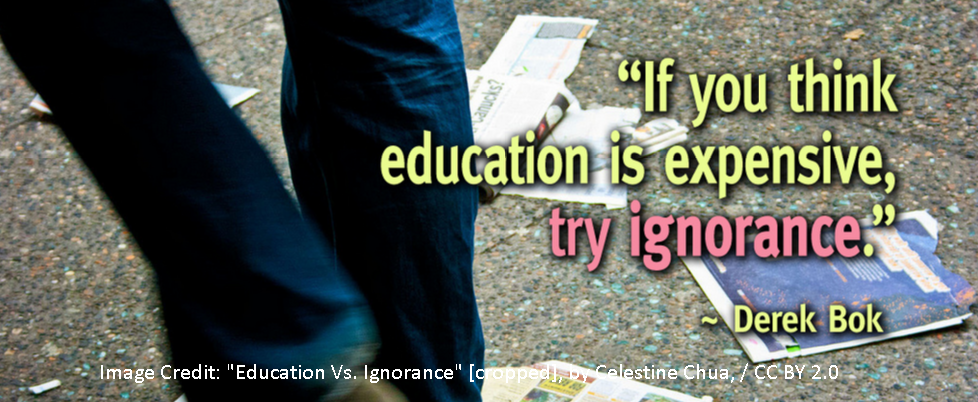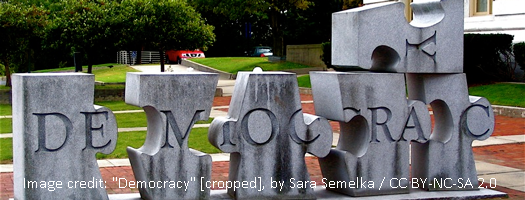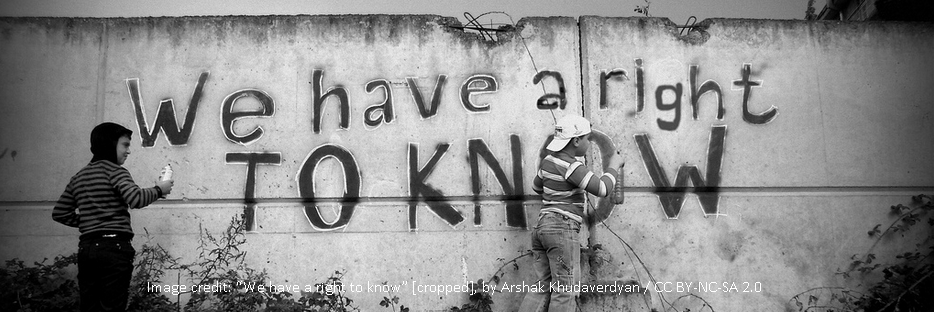Lifelong education as an equalizer
Lifelong education as an equalizer Patrick Blessinger St. John's University (NYC) and International HETL Association Throughout much of human history hereditary privilege was often used as a means of organising society (for example, politically, economically and socially) and allocating resources. Hereditary privilege was not determined by one’s talents or skills or motivation or any other self-determining factor but rather by the class, gender and race one was born into. In other words, throughout much of human history, one’s status within society and one’s lot in life, to a large degree, was determined primarily by factors beyond one’s own control. Revolutions upset the established order The hereditary systems of power and privilege tended to create a system wherein the ruling class benefited by maintaining the status quo and by maintaining a monopoly over how resources were allocated within society. This is not surprising since established orders have a vested interest in maintaining [...]




